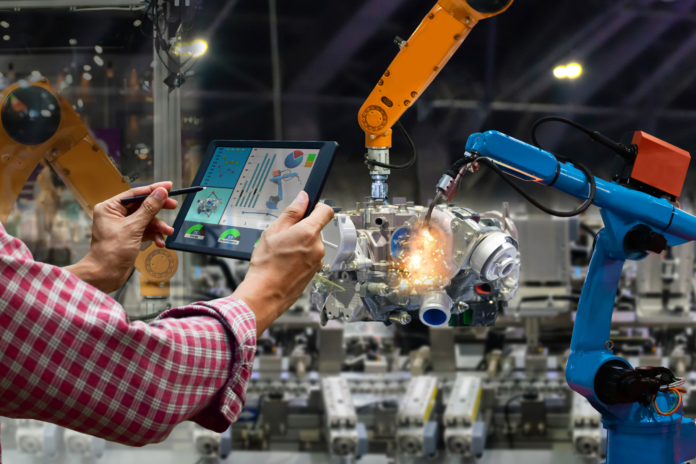Tesla is reportedly facing significant production challenges at its Berlin Gigafactory due to supply chain disruptions caused by geopolitical tensions in the Red Sea region. These delays threaten the rollout of Tesla’s new electric vehicle (EV) models for the European market and highlight the vulnerability of global manufacturing networks to external shocks.
Supply Chain Disruptions
The disruptions stem from attacks on cargo ships in the Red Sea by Houthi militants, which have forced major shipping companies to reroute vessels around South Africa’s Cape of Good Hope. This alternative route adds approximately 10 days to shipping times and increases transportation costs, creating a bottleneck for essential car parts needed at Tesla’s Grünheide facility. The longer transport times have left Tesla struggling to maintain its production schedule, prompting a temporary halt in operations at the factory.
Tesla’s Berlin Gigafactory, which began production in March 2022, has an annual capacity of 375,000 vehicles and serves as a key hub for supplying EVs to Europe. The facility primarily produces the Model Y crossover, Tesla’s best-selling vehicle globally. However, ongoing supply chain issues have delayed plans for new models and hindered efforts to scale production further.
Impact on Production
The production halt is expected to last two weeks, during which Tesla will attempt to address the supply chain gaps and resume normal operations. While the company has assured that certain sub-areas of the factory will remain active, the pause underscores the broader challenges Tesla faces in maintaining its ambitious production targets amid external disruptions.
This setback comes at a critical time for Tesla as it seeks to expand its footprint in Europe with updated EV models and increased localization of manufacturing. The delays could impact Tesla’s ability to meet growing demand for EVs in the region, particularly as competition intensifies with European automakers like Volkswagen and BMW.
Geopolitical and Economic Implications
The Red Sea conflict has broader implications for global supply chains beyond Tesla. Shipping companies have warned that prolonged disruptions could lead to widespread delays across industries reliant on Asia-to-Europe trade routes. The situation highlights the fragility of international logistics networks and underscores the need for contingency planning among manufacturers.
For Tesla, these challenges add to existing pressures from fluctuating demand, regulatory hurdles, and environmental concerns related to its Berlin facility. The company has faced criticism from local activists over water usage and deforestation during construction, as well as higher labor costs due to Germany’s unionized workforce.
Future Outlook
Despite these setbacks, Tesla remains committed to expanding its European operations. The Berlin Gigafactory is central to Tesla’s strategy for meeting regional demand while reducing reliance on imports. Plans for future production line expansions and battery manufacturing capabilities are still underway, although timelines may be adjusted due to current challenges.
As geopolitical tensions persist and supply chain vulnerabilities remain exposed, Tesla’s ability to adapt will be critical in maintaining its leadership in the EV market. The company’s resilience in overcoming these obstacles will likely shape its long-term success in Europe and beyond.


